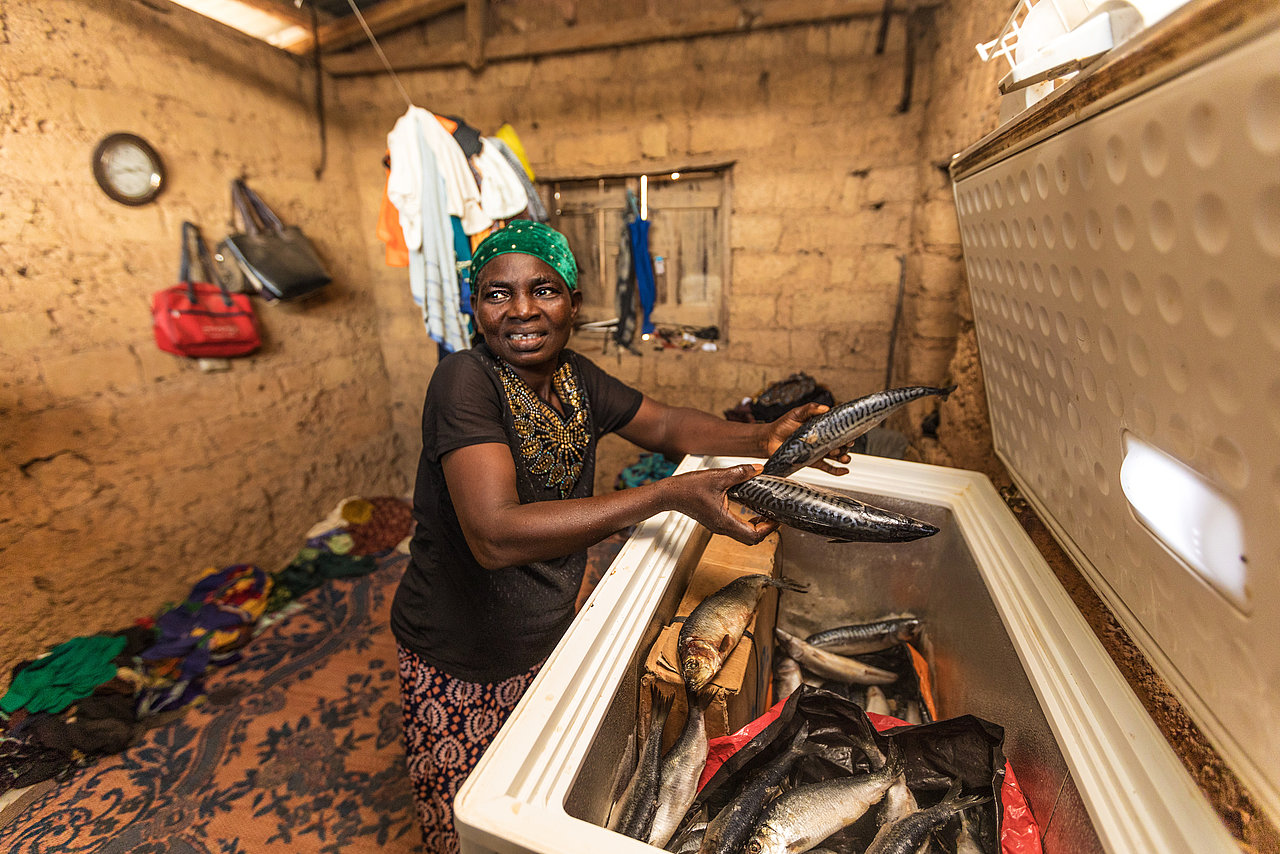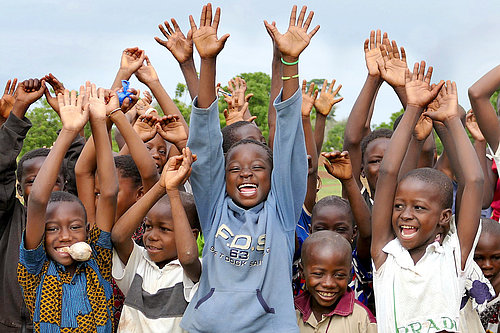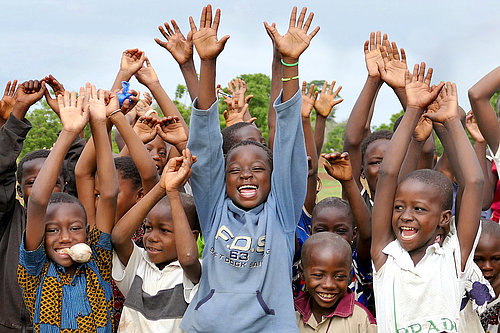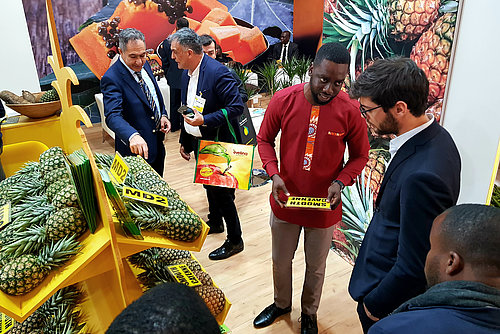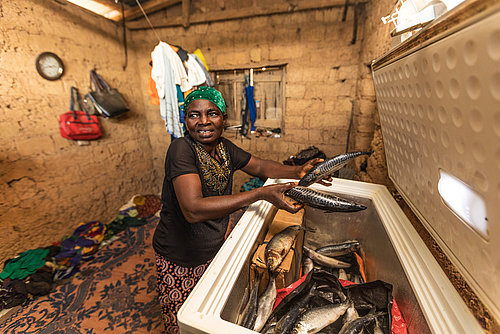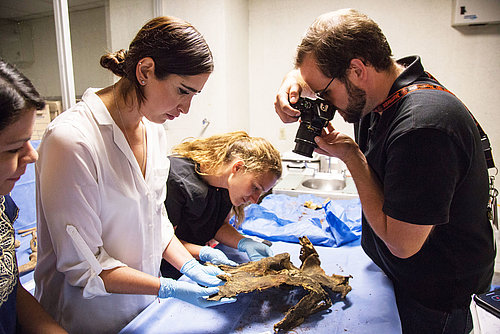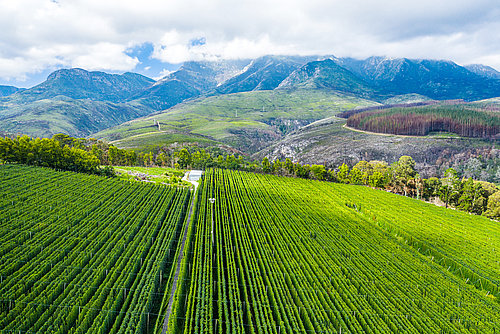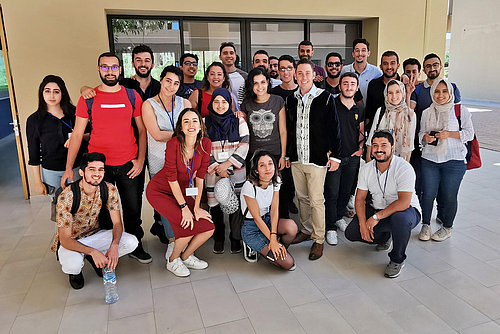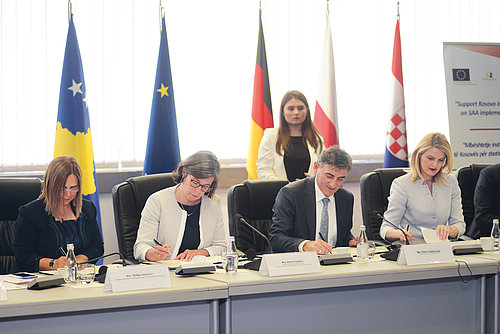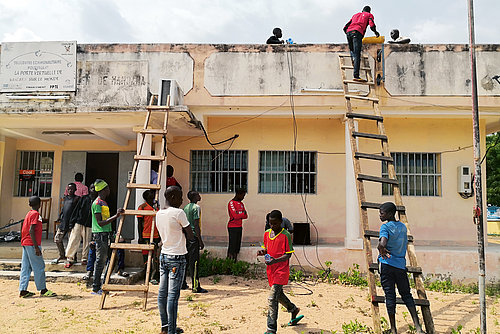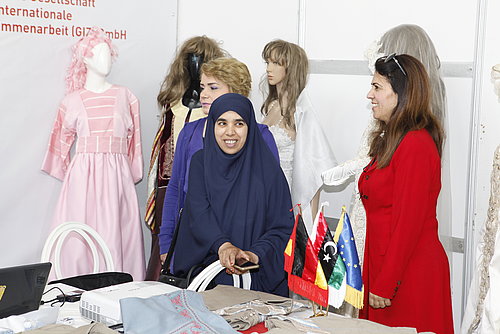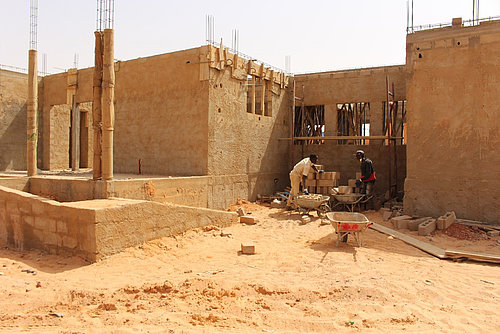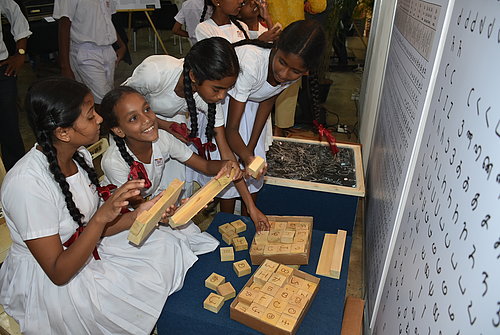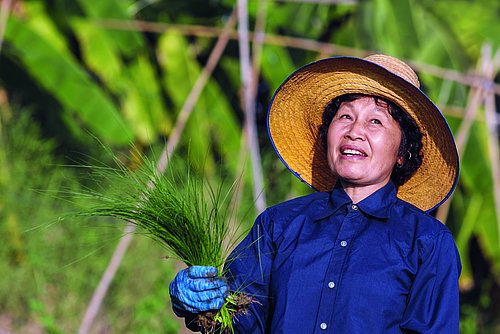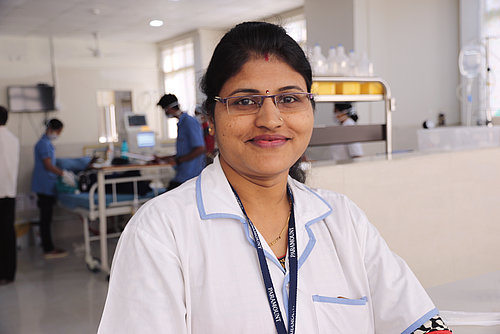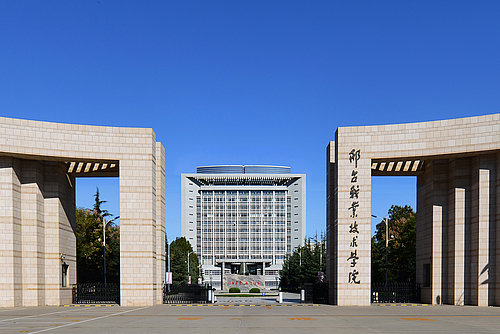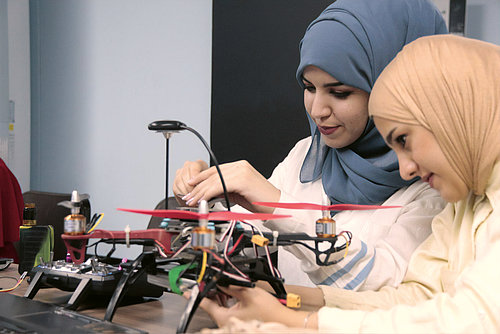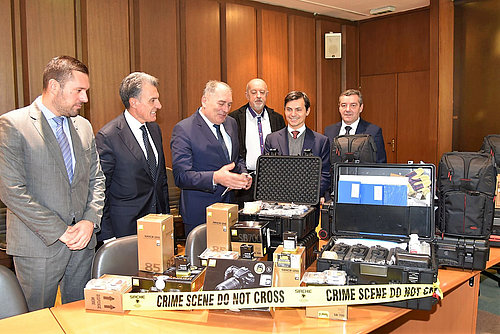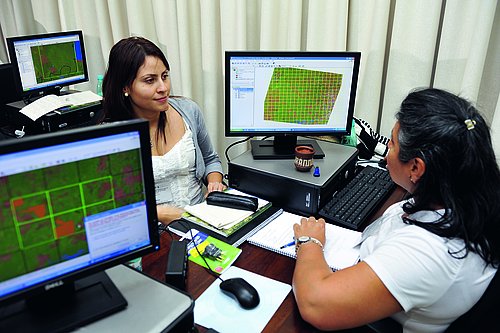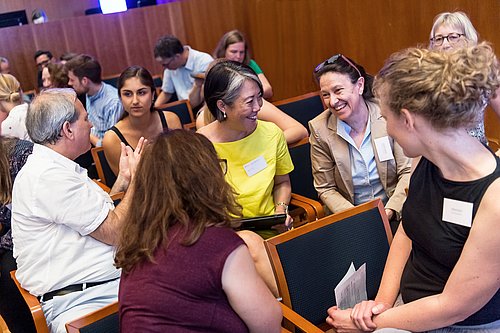Adebisi Esho lives in a small Nigerian village called Gbamu Gbamu. She makes her living as a fishmonger. Not too long ago, she had a hard time keeping her fish fresh and ready to sell because of the hefty cost of running her refrigeration equipment. Solar panels now power her freezer, keeping her produce fresh. She can sell more and save more than 1,000 naira or roughly EUR 2.50 per day on electricity costs. Many other people in her village can say the same. And it’s not just there. More and more people in Nigeria are gaining access to simple, but robust, solar power systems. This step is sorely needed since around half of the 190 million people in Nigeria still live without electricity. This level is as high as 75 per cent in rural areas. Living without electricity is not just difficult; it’s also uneconomical. Energy drives development. Without energy, economic opportunities go to waste, no new jobs are created and potential sources of income are not tapped. Embracing renewable sources of energy and enhancing energy efficiency in places where there is already electricity are recommended ways of giving more people access to electricity while also protecting the environment and mitigating climate change. |
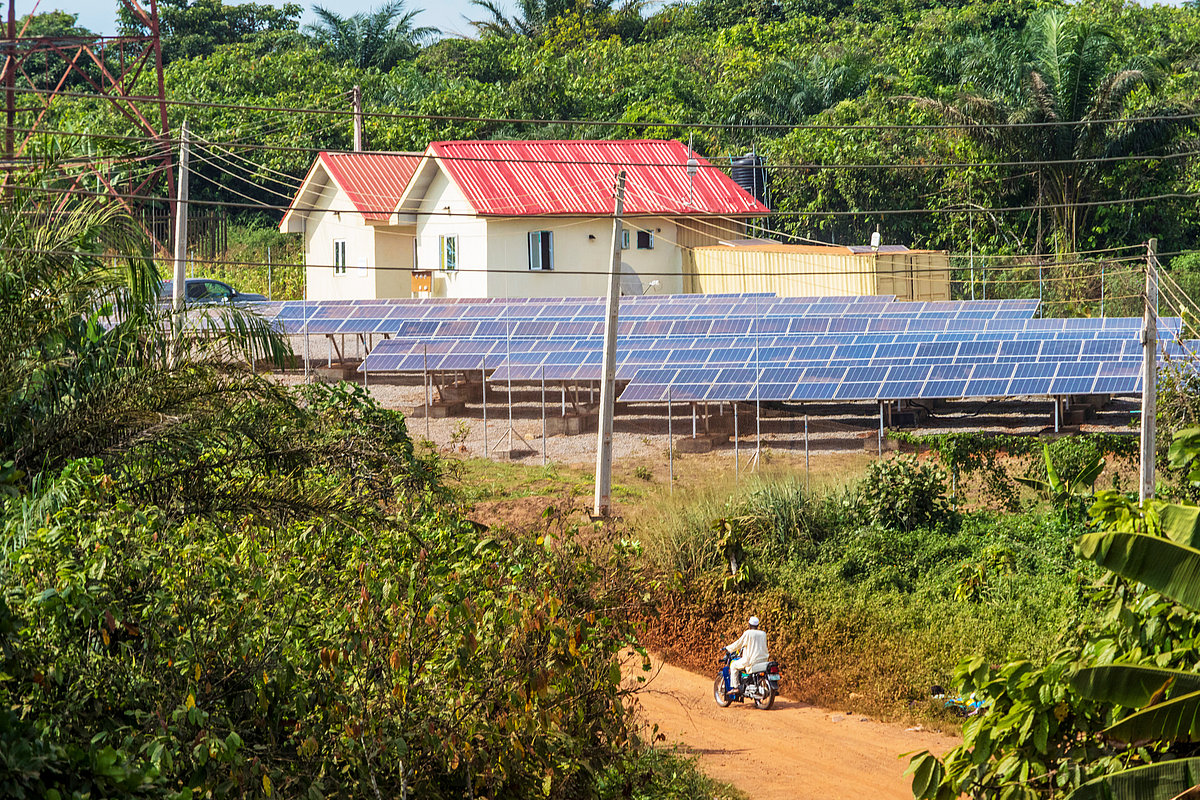
(© Andrew Esiebo)
GIZ is promoting both elements in Nigeria on behalf of BMZ and the EU. It is helping to create the right incentives to supply more clean energy and also supporting the use of off-grid solutions, such as solar mini-grids in rural areas. These solar power systems generate electricity to power around 400 households and small businesses. New directives for improving energy efficiency are also being developed in cooperation with GIZ. Smarter energy use is their ultimate goal. And finally a database is currently being developed for the Nigerian energy market that creates the conditions for nationwide electrification. All of these efforts combined will help to overcome energy poverty in this West African country.
Roughly 16,000 people gained access to solar power in the first phase of the project running until 2017. Eleven pieces of legislation were also initiated, including a new regulation for renewable energy and mini-grids. Hundreds of people have received training, for instance on photovoltaics. Building on this foundation, 100,000 Nigerians will now gain access to clean power in the next phase running until 2021 so that people like Adebisi Esho can use a small fridge or freezer, an electric sewing machine, a piece of agricultural equipment or even just a radio or television.
Insights into our projects in 2019
We are active in some 120 countries with 1,600 projects.
Discover the world of GIZ by learning about examples of projects undertaken in the 2019 reporting year.
We are active in some 120 countries with 1,600 projects.
Discover the world of GIZ by learning about examples of projects undertaken in the 2019 reporting year.
Are you interested in other GIZ projects?
